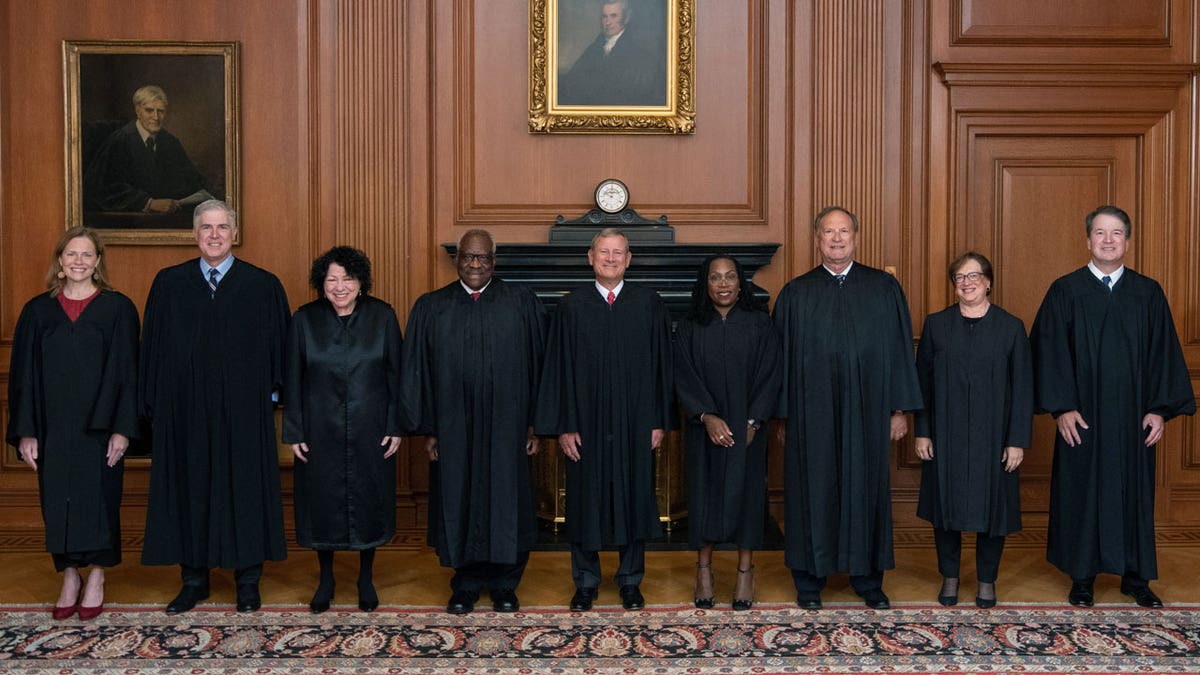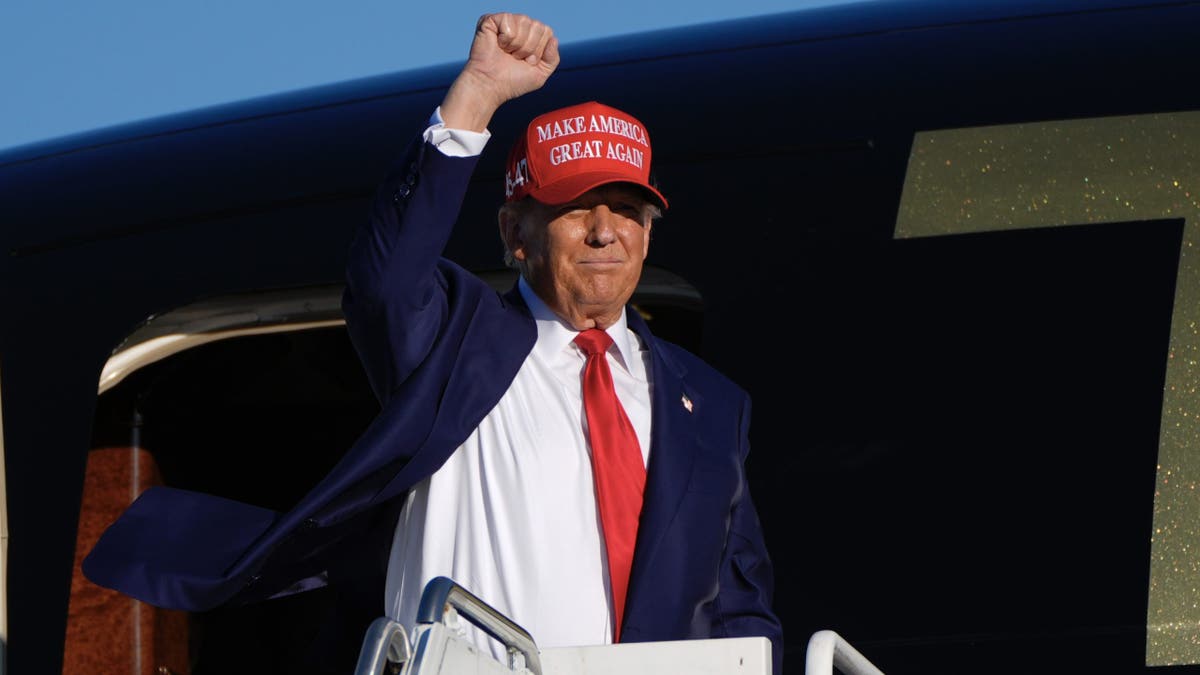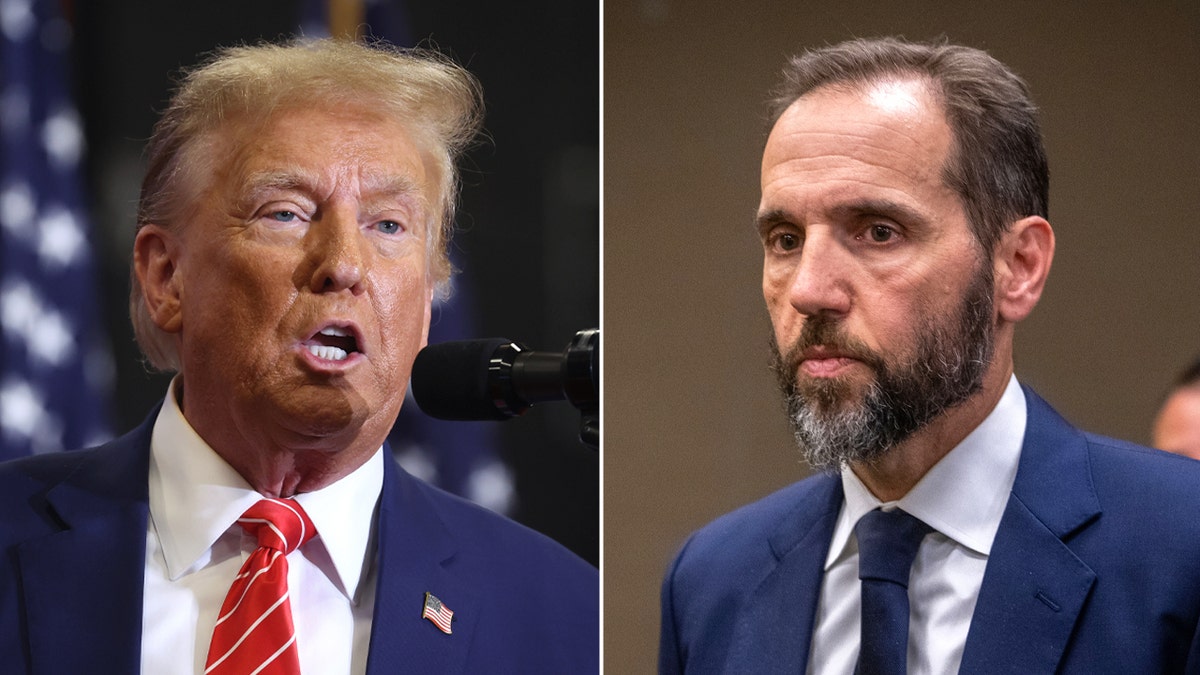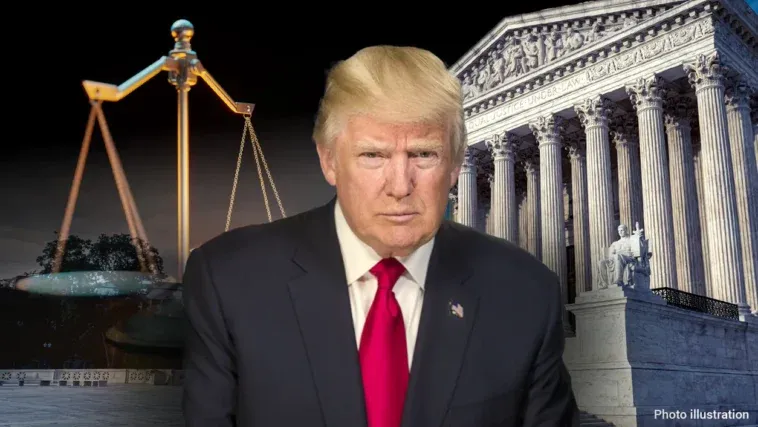(Fox News) The Supreme Court ruled Monday in Trump v. United States that a former president has substantial immunity from prosecution for official acts committed while in office, but not for unofficial acts.
The Court sent the matter back down to a lower court, as the justices did not apply the ruling to whether or not former President Trump is immune from prosecution regarding actions related to efforts to overturn the results of the 2020 election.

Members of the Supreme Court (L-R) Associate Justices Amy Coney Barrett, Neil M. Gorsuch, Sonia Sotomayor, and Clarence Thomas, Chief Justice John G. Roberts, Jr., and Associate Justices Ketanji Brown Jackson, Samuel A. Alito, Jr., Elena Kagan, and Brett M. Kavanaugh pose in the Justices Conference Room prior to the formal investiture ceremony of Associate Justice Ketanji Brown Jackson September 30, 2022 in Washington, D.C. (Collection of the Supreme Court of the United States via Getty Images)
The question stemmed from Special Counsel Jack Smith’s federal election interference case in which he charged former President Trump with conspiracy to defraud the United States; conspiracy to obstruct an official proceeding; obstruction of and attempt to obstruct an official proceeding; and conspiracy against rights.
Those charges stem from Smith’s months-long investigation into whether Trump was involved in the Jan. 6, 2021, Capitol riot and any alleged interference in the 2020 election result.
Trump pleaded not guilty to all charges and argued he should be immune from prosecution from official acts done as president of the U.S.

Republican presidential candidate former President Donald Trump boards his plane after speaking at a campaign rally in Freeland, Mich., Wednesday, May 1, 2024. (AP Photo/Paul Sancya) (AP Photo/Paul Sancya)
Smith’s case against the former president and its trial have been pending amid the high court’s consideration of the issue.
The justices heard arguments from Trump attorney John Sauer and Michael Dreeben, a Justice Department attorney representing Special Counsel Jack Smith, on April 25 on whether presidents should have “absolute immunity.”
During those arguments, both liberal and conservative justices focused on the broader implications of the question for future presidents but raised sharply different concerns.
Justice Samuel Alito questioned the repercussions of charging a former president.
“Now if an incumbent who loses a very close, hotly contested election knows that a real possible nullity after leaving office is not that the president is going to be able to go off into a peaceful retirement, but that the president may be criminally prosecuted by a bitter political opponent,” Alito asked.
“Will that not lead us into a cycle that destabilizes the functioning of our country as a democracy? And we can look around the world and find countries where we have seen this process, where the loser gets thrown in jail,” he said.







